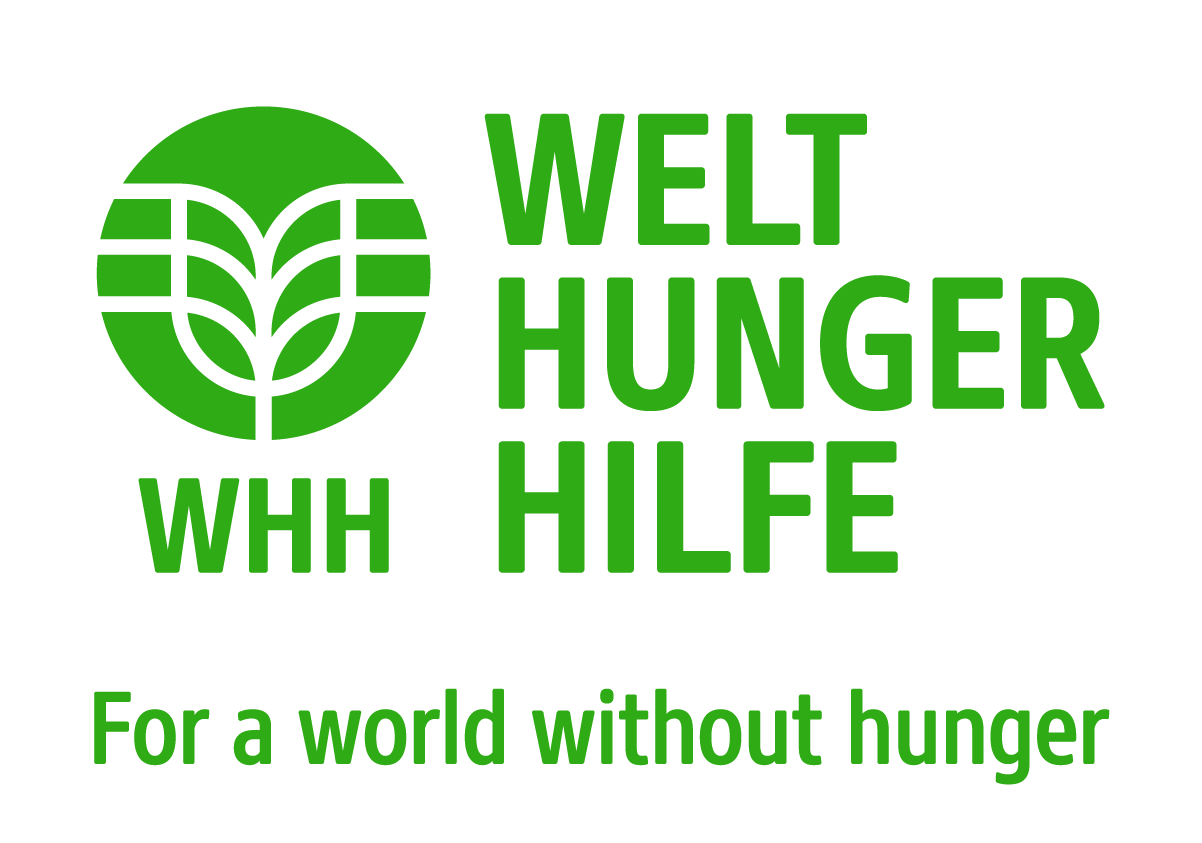Never Give Up !
Challenges of Implementing Agricultural Projects

Turkey currently hosts about 3.6 million Syrian refugees, the largest number of refugees and asylum seekers in the world. Turkey has reacted in an exemplary manner and has provided a model for other countries hosting refugees. Nevertheless, there are many Syrians in the south-eastern provinces of Turkey who fall through all social systems, cannot find permanent work and therefore do not earn a regular income and thus live in poverty and hunger.
The south-eastern provinces of Hatay and Mardin have great agricultural potential, and the agricultural sector is Turkey's largest employer and contributes significantly to the country's GDP, exports and rural development. It plays a fundamental role in Turkish society, employing about a quarter of the labor force and generating most of the income and employment in rural areas.
At the same time, many Syrians living in south-eastern Turkey have already gained experience of working in agriculture, as many of them owned their own agricultural land in Syria, but only a small percentage of them have the financial means to produce their own agricultural products, as they had to leave everything behind on their way to Turkey.
Sustainable agricultural development is the key to economic development and poverty reduction. The integration of Syrian refugees and their experience in the agricultural sector can be beneficial to Turkish host communities, Syrian families and the Turkish economy.
Welthungerhilfe (WHH) has recognized this potential and opportunity and, with financial support from the German Federal Ministry for Economic Cooperation and Development (BMZ), has initiated an agricultural project in the two Turkish provinces of Hatay and Mardin. The project offers Syrian smallholders, but also interested members of the Turkish host community, the opportunity to become active in agriculture and to participate in the agricultural market in order to generate an income and improve their living conditions in a sustainable manner.
But during the implementation of such a project, aid organizations can face many challenges:
• Lack of trust towards international aid organizations
• Unknown property rights during leasing process
• Bureaucratic hurdles
• Limited irrigated agricultural fields
• High leasing prices for irrigated agricultural fields
• Ensure continuous monitoring, control and support during seeding and harvest
• Language Barriers in the marketing process
• Extreme Weather Changes !
Çağlar Yetişkin is responsible for the successful implementation of Welthungerhilfe's agricultural project in the Turkish provinces of Mardin and Hatay. At Welthungerhilfe, he has been working since 2018 in the field of food security and agriculture and knows the challenges involved in implementing such a project.

"If you work with people in need who count on you, you have no chance of even thinking about giving up! Among other things, Welthungerhilfe runs an open-land agricultural activity together with Syrian refugees and members of the Turkish host community to produce cabbage. Because of climate change, we have faced many challenges this year! We have to see our fields covered by snow, hail and floods. When we have successfully overcome one crisis, the next one came straight to us."
 |
 |
 |
But we never gave up!
We always had backup plans and immediately took the necessary measures! Because we knew that people put their trust in this project!"
He has learned from his experience and regularly shares his knowledge in the Working Group on Food Security and Agriculture (FSA) and in dialogue with other national and international aid organizations, reminding his colleagues of the importance of always having a back-up plan.
 |
Çağlar’s team, monitoring the agricultural activities and giving helpful advises about cultivation methods to the project participants.
Çağlar’s lessons learned:
1. Don't lose hope and never give up!
2. Remember, the soil has feelings, do not hurt it and take care of it as best you can! Keep your soil and your soil will keep you!
3. Always have a backup plan!
4. Have an experienced team and rely on them!
5. Always take into account weather changes and take the necessary measures in time and don't be late with it!
"As a result, hard days left-back! We saved the agricultural products and 100 people could harvest and sell their crops!”
 |
Due to the team's professional knowledge and experience, their ability to adapt quickly to the prevailing conditions and continuous controlling and monitoring of the project activity, Çağlar and his team succeeded in saving the harvest and thus the income of 100 project participants and their families who depend on it.
In the future, there will be new or perhaps similar challenges for the team and the project participants. But together and based on their experience they will hopefully be able to master the next crises as successfully as the last ones.









